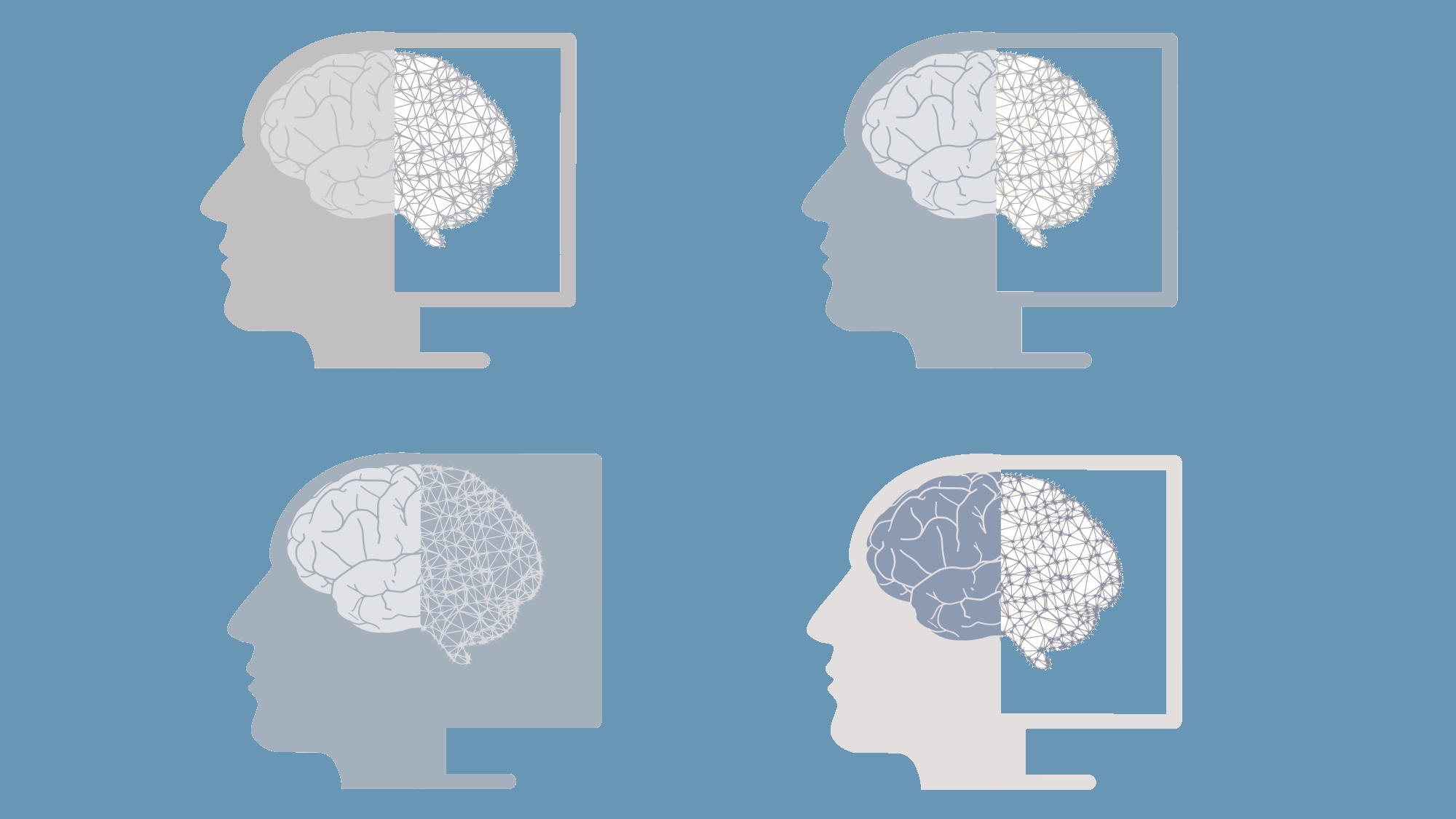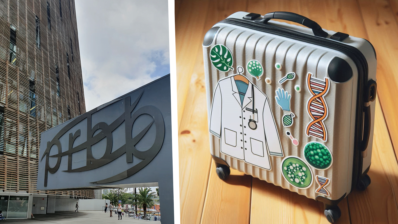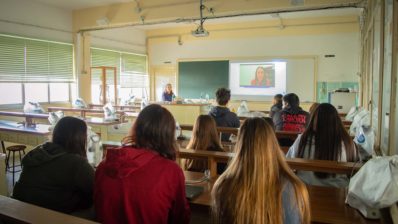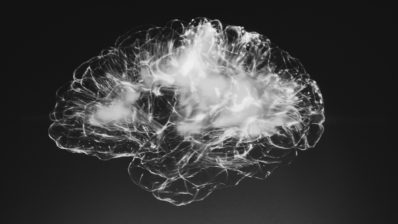For the last 70 or 80 years, we have been trying to emulate our own intelligence in all kinds of artificial beings. This has given rise to the growing field of Artificial Intelligence (AI).
Even though AI now manages to outperform humans in many ways, it still fails to live up to its name. In other words, so far there is no artificial intelligence as defined by human standards. Nor is there agreement among experts as to whether this can be achieved at all.
Nevertheless, while AI mesmerises society with its amazing applications and rapid advances (think self-driving cars and nanorobots), scientists have found a whole new way to take advantage of the progress in the field. Having spread to almost all disciplines, it has had a special impact on bioscience.
In a nutshell, AI offers the biosciences enough computational power and capacity to address the complexity of their research through artificial simulations (known as ‘artificial life‘). In other words, it has presented itself as an ideal testing field where the laws of physics are bendable; an unlimited sandbox where all parameters are traceable, measurable, storable, and recoverable.
The symbiotic relationship of AI and the biosciences has provided scientists with the ultimate experimental playground in which to address some of biology’s unsolved mysteries.
This fact translates into the possibility of overcoming some of the challenges in bio-related research. For example, the ethical constraints of animal testing in cancer and other diseases; or the methodological difficulties of studying complex systems like human language, multicellularity, or swarm intelligence.
In addition, AI also benefits from this interaction. In the end, the key to being able to reproduce a natural system in an artificial environment relies mostly on the knowledge available.
In conclusion, the symbiotic relationship of AI and the biosciences has provided scientists with the ultimate experimental playground in which to address some of biology’s unsolved mysteries, as well as the necessary theoretical feedback to potentially achieve some kind of real artificial intelligence.







